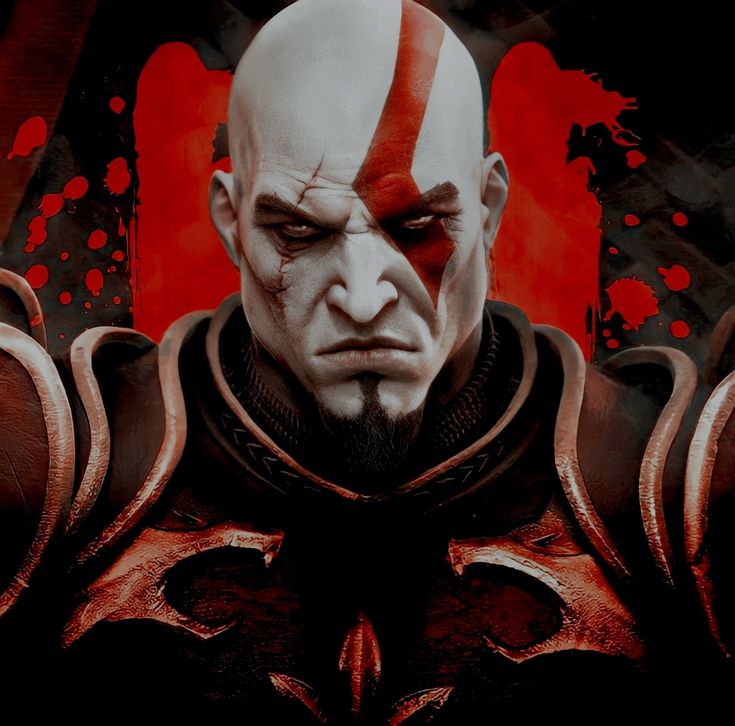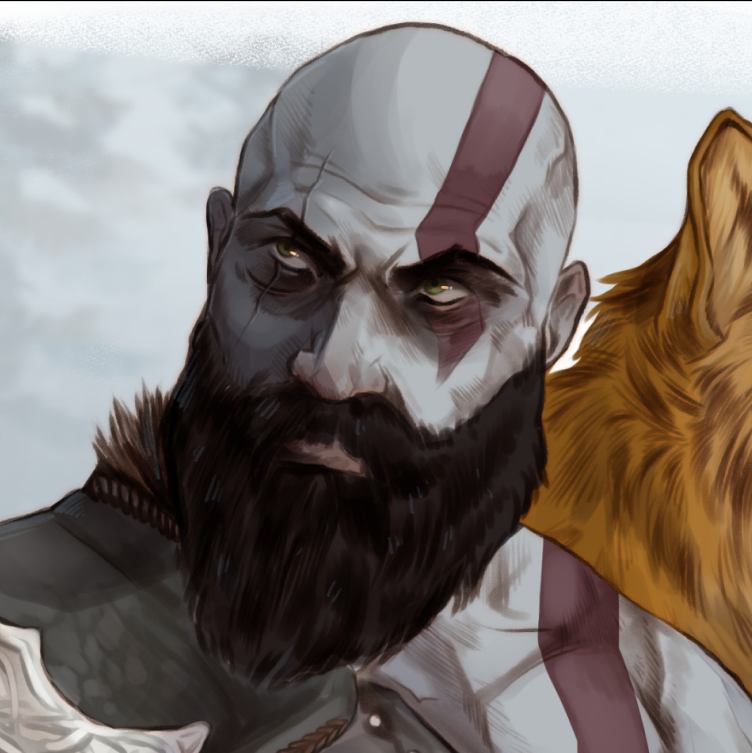

Who is Κράτος?

The answer to that depends on the era. Overall, his character is separated into two: Greek era, and Norse era. While the two are one and the same person, and Norse era is a direct sequel to the Greek era (unlike some people would lead you to believe), there are strong behavioral differences between them.
GREEK ERA

NORSE ERA
